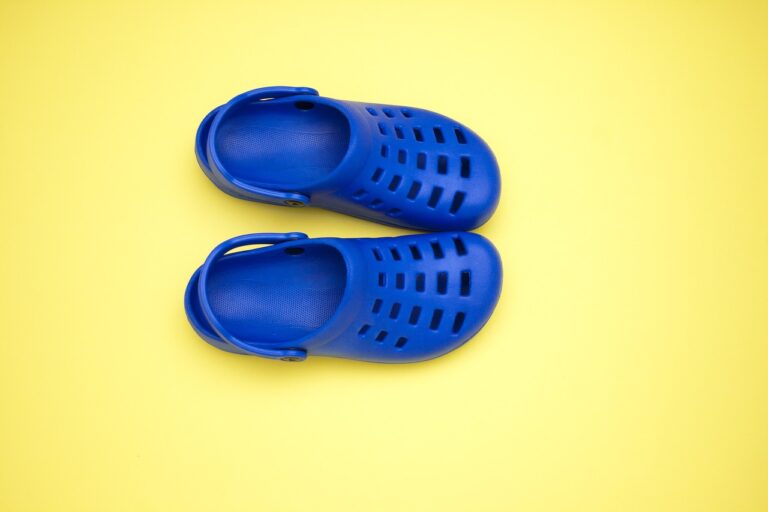Fashion and Psychology: How Clothing Choices Influence Perceptions and Behaviors
Clothing serves as a visual representation of one’s personality and identity, offering a means of self-expression that transcends words. Through the careful selection of garments, individuals can communicate their values, interests, and cultural affiliations without uttering a single syllable. The fashion choices we make are not merely about covering our bodies but about showcasing our inner selves to the world.
Moreover, clothing can reflect our current mood, aspirations, and even our belief systems. Whether dressed in sleek, professional attire for a business meeting or adorned in bohemian layers for a music festival, each outfit we put together encapsulates a fragment of our multifaceted nature. In a world where first impressions carry weight, clothing acts as a powerful tool to convey non-verbal messages and create lasting impressions.
The Impact of Clothing on Confidence Levels
Confidence levels can be significantly influenced by the clothing individuals choose to wear. The clothes we put on can serve as a form of self-expression, reflecting our personality, mood, and sense of style. When we wear clothing that resonates with our inner self, it can boost our self-confidence and make us feel more comfortable in our own skin.
Alternatively, wearing clothes that don’t align with our authentic selves can have the opposite effect, leading to feelings of self-doubt and insecurity. Research shows that individuals tend to exhibit greater confidence and assertiveness when dressed in outfits that make them feel good about themselves. Ultimately, the impact of clothing on confidence levels highlights the powerful relationship between what we wear and how we perceive ourselves.
Stereotyping and Judgments Based on Clothing Choices
When it comes to making assumptions about individuals based on their clothing choices, stereotypes often play a prominent role. Society tends to attach predetermined characteristics and traits to specific types of clothing, leading to unfair judgments. For example, someone who chooses to wear a hoodie may be automatically labeled as rebellious or untrustworthy, even though their clothing choice may have no correlation to their actual personality traits.
Moreover, the act of stereotyping based on clothing choices can be harmful as it limits the way in which individuals can authentically express themselves. People may feel pressured to conform to certain dress codes to avoid being judged or misunderstood, ultimately restricting their freedom of self-expression. It’s essential to remember that clothing is a form of personal expression and should not be used as a basis for making assumptions about someone’s character or values.
How does clothing play a role in self-expression?
Clothing can be a powerful tool for self-expression, as it allows individuals to showcase their personality, interests, and values through their outfit choices.
Can clothing impact one’s confidence levels?
Yes, clothing can definitely impact one’s confidence levels. Wearing an outfit that makes you feel good and confident can boost your self-esteem and overall sense of empowerment.
Why do people often stereotype others based on their clothing choices?
People tend to stereotype others based on their clothing choices because they may perceive certain styles or brands as indicators of a person’s social status, personality traits, or interests. However, it’s important to remember that clothing is just one aspect of a person and should not be used as the sole basis for judgment.
How can individuals combat stereotyping based on clothing choices?
Individuals can combat stereotyping by being open-minded and recognizing that clothing is a form of self-expression that may not always accurately reflect a person’s true identity. It’s important to look beyond outward appearances and get to know someone based on their actions and character.







